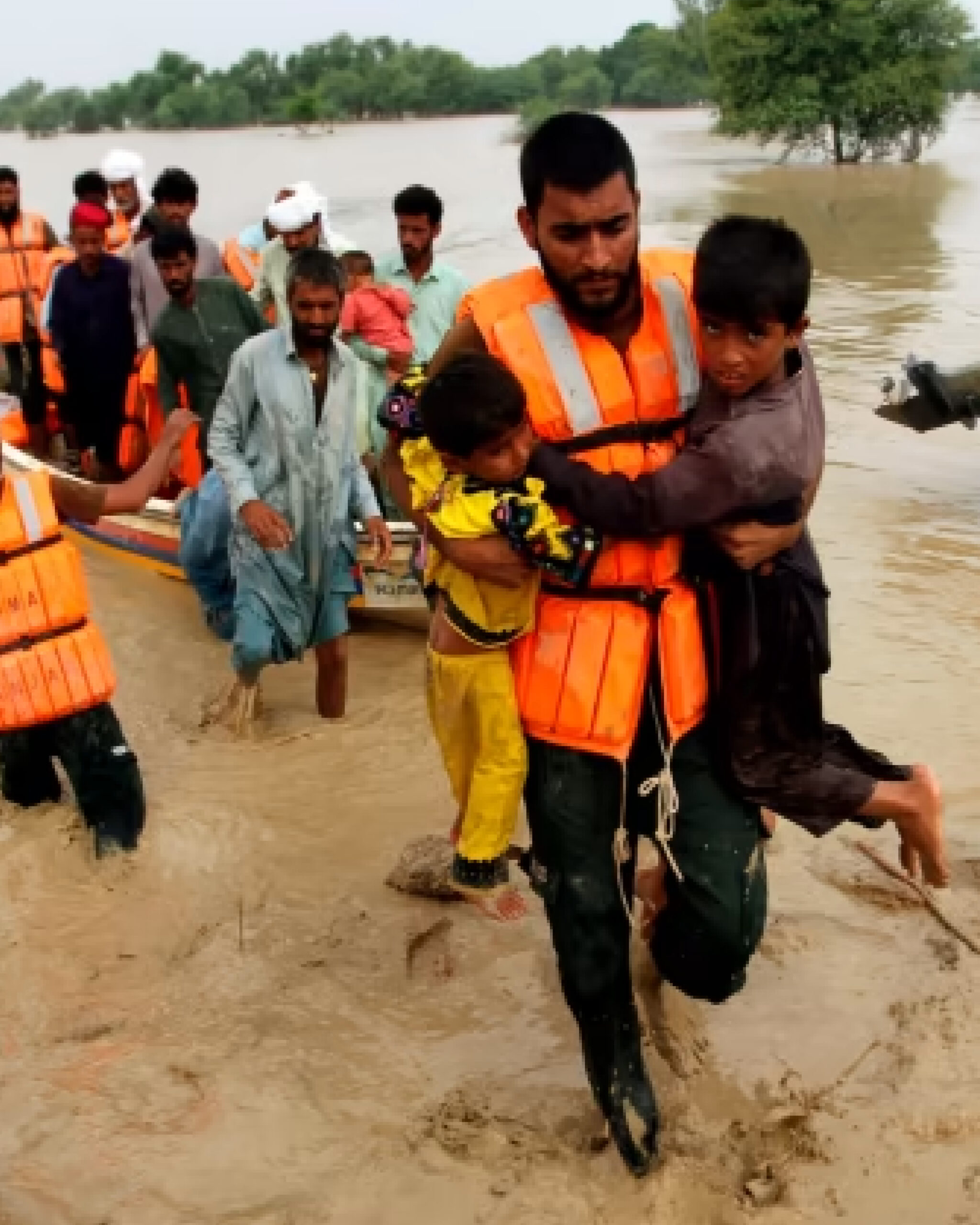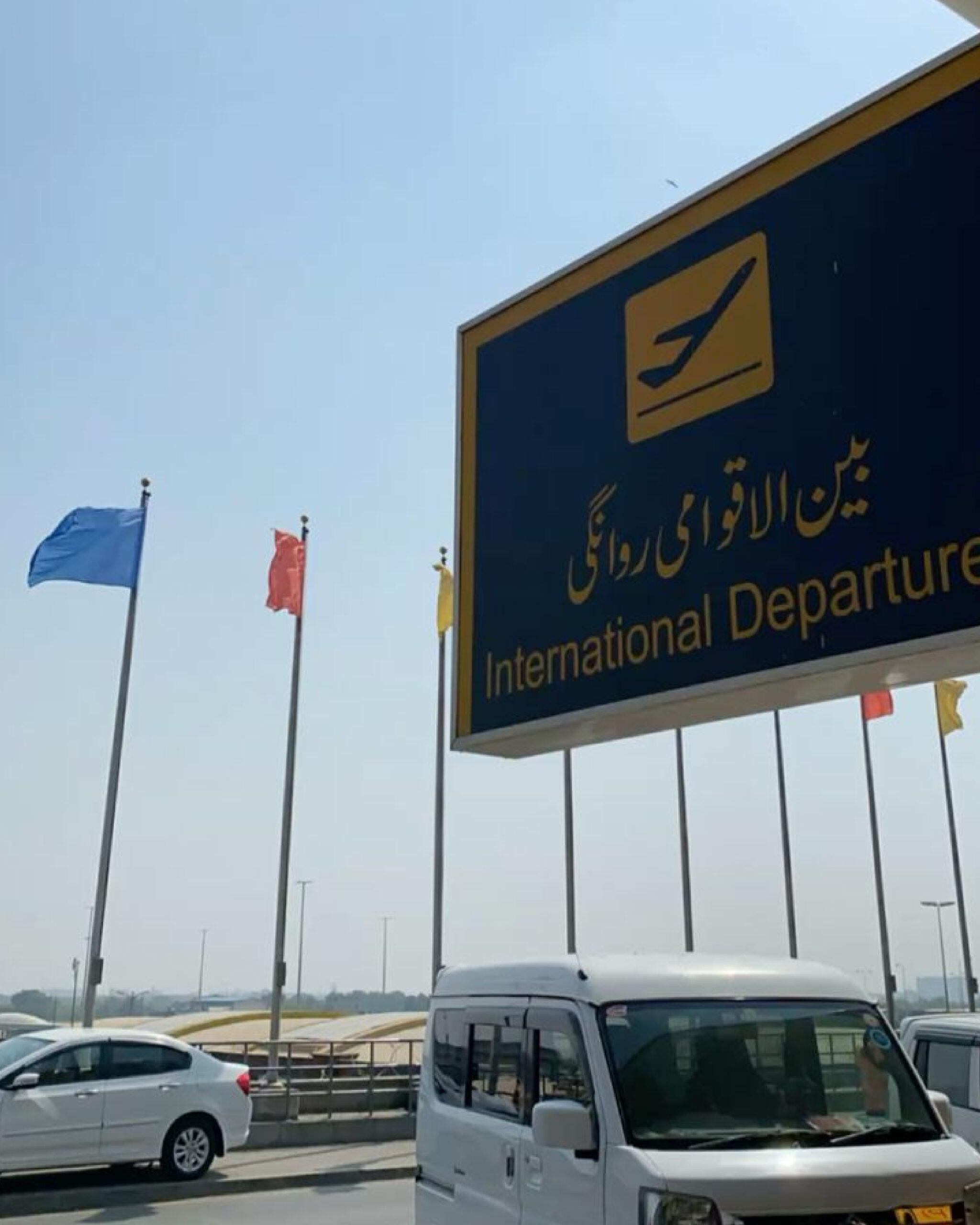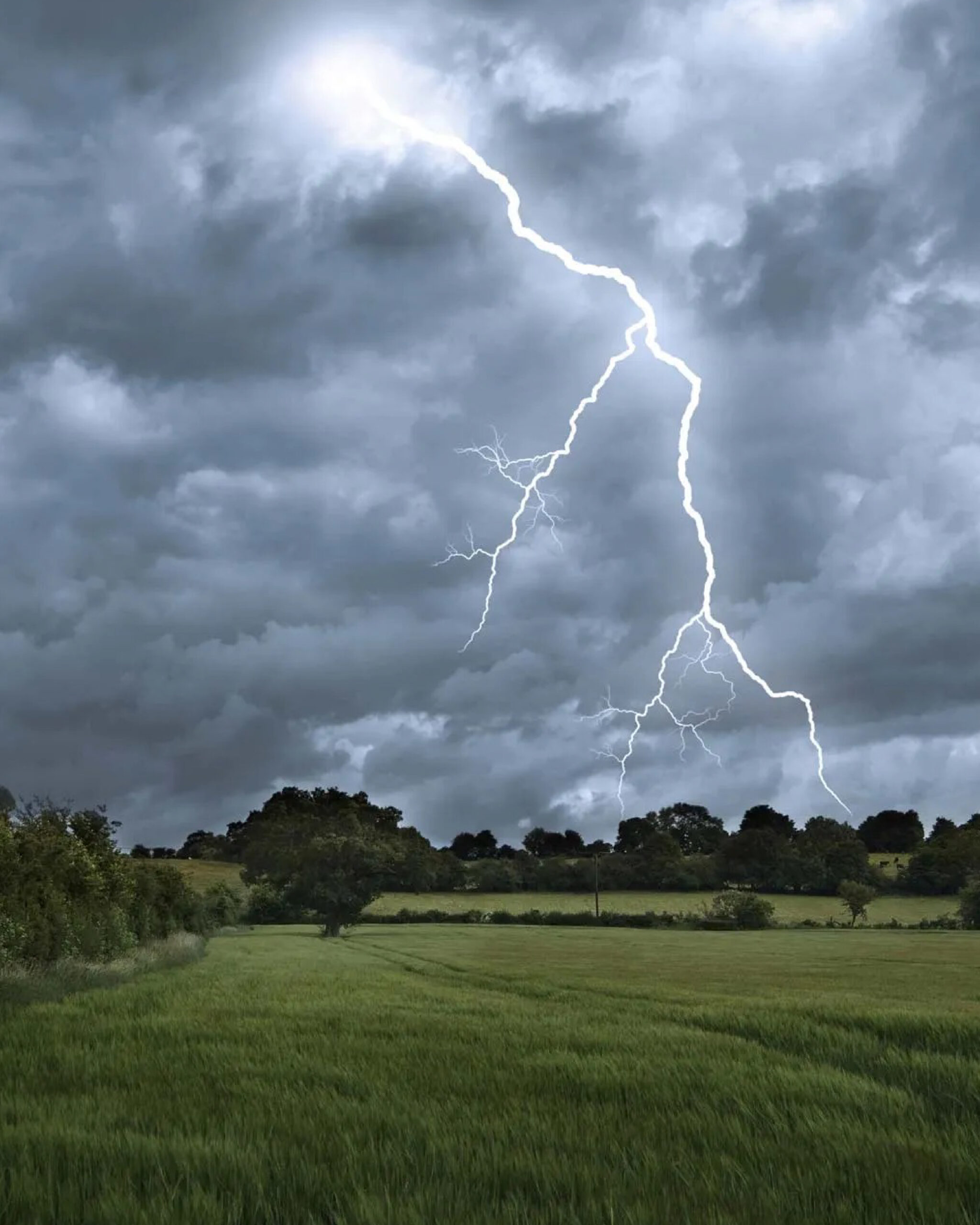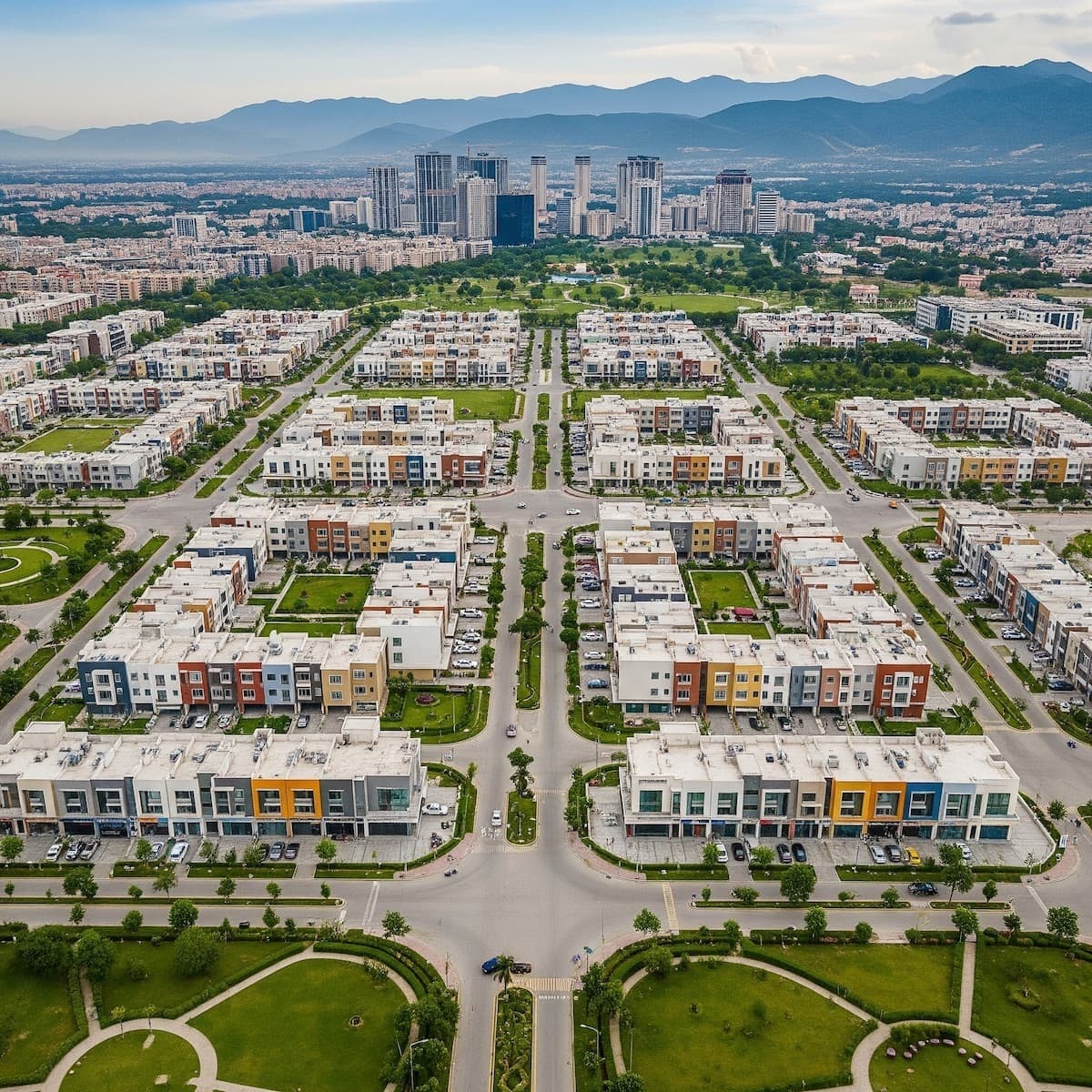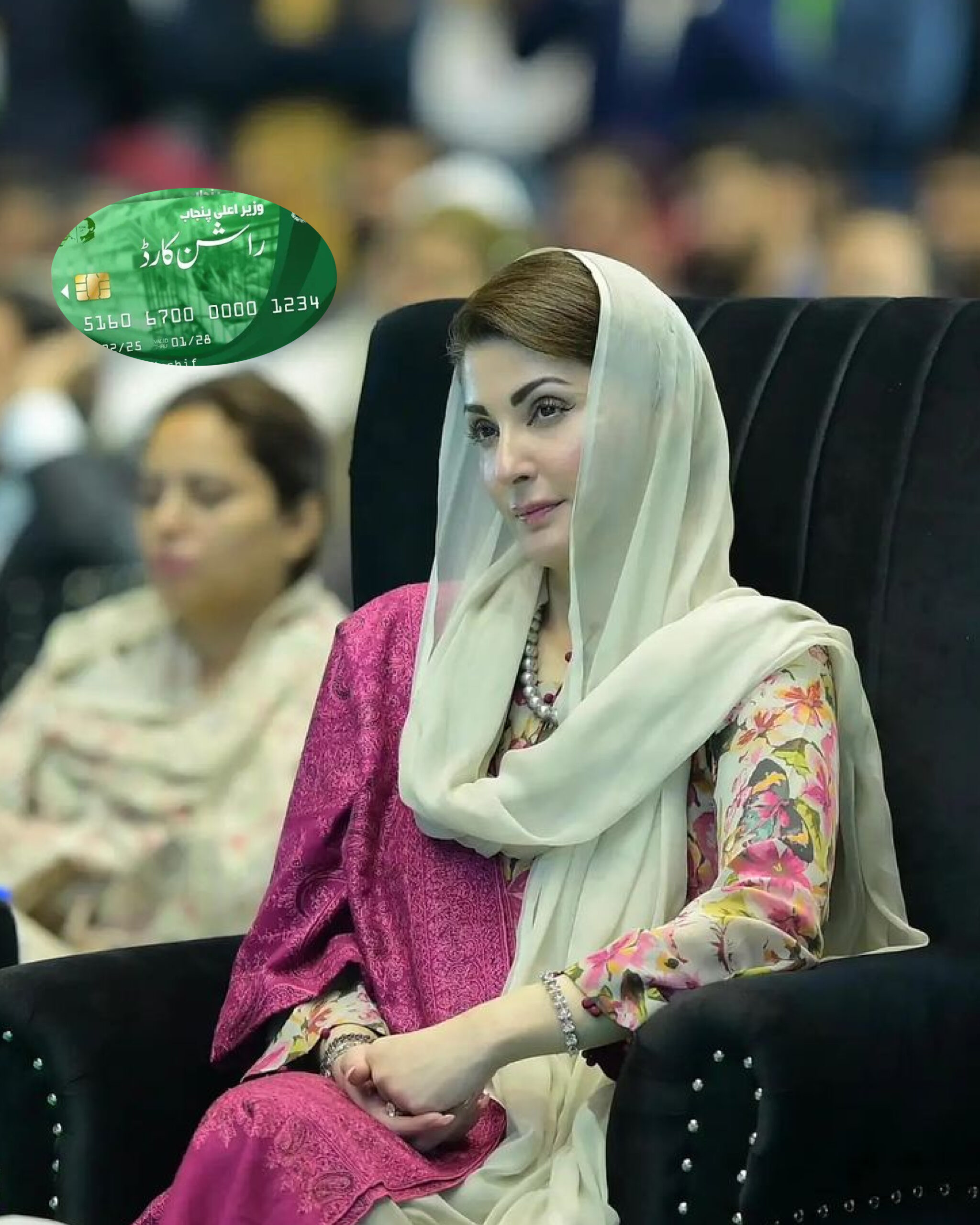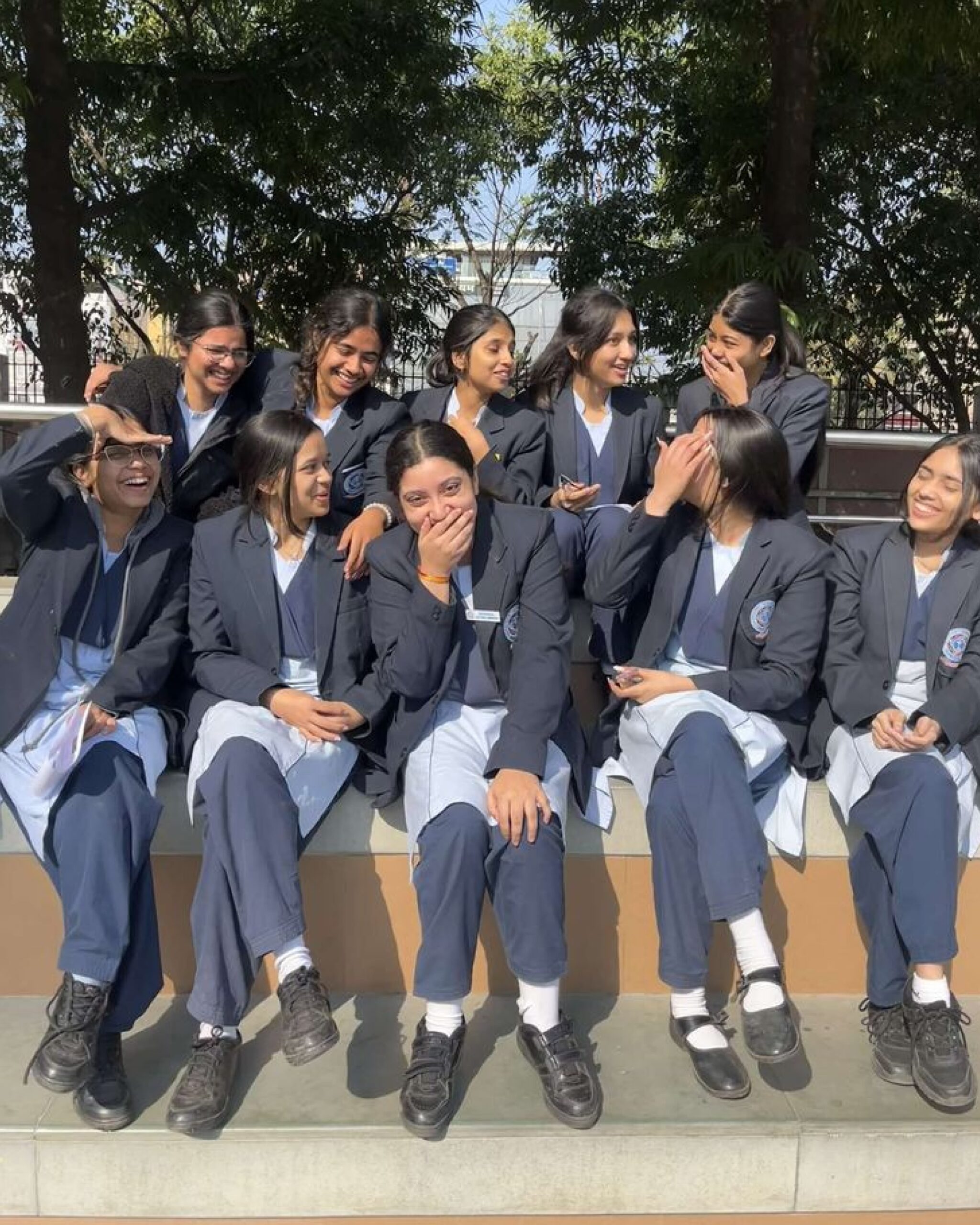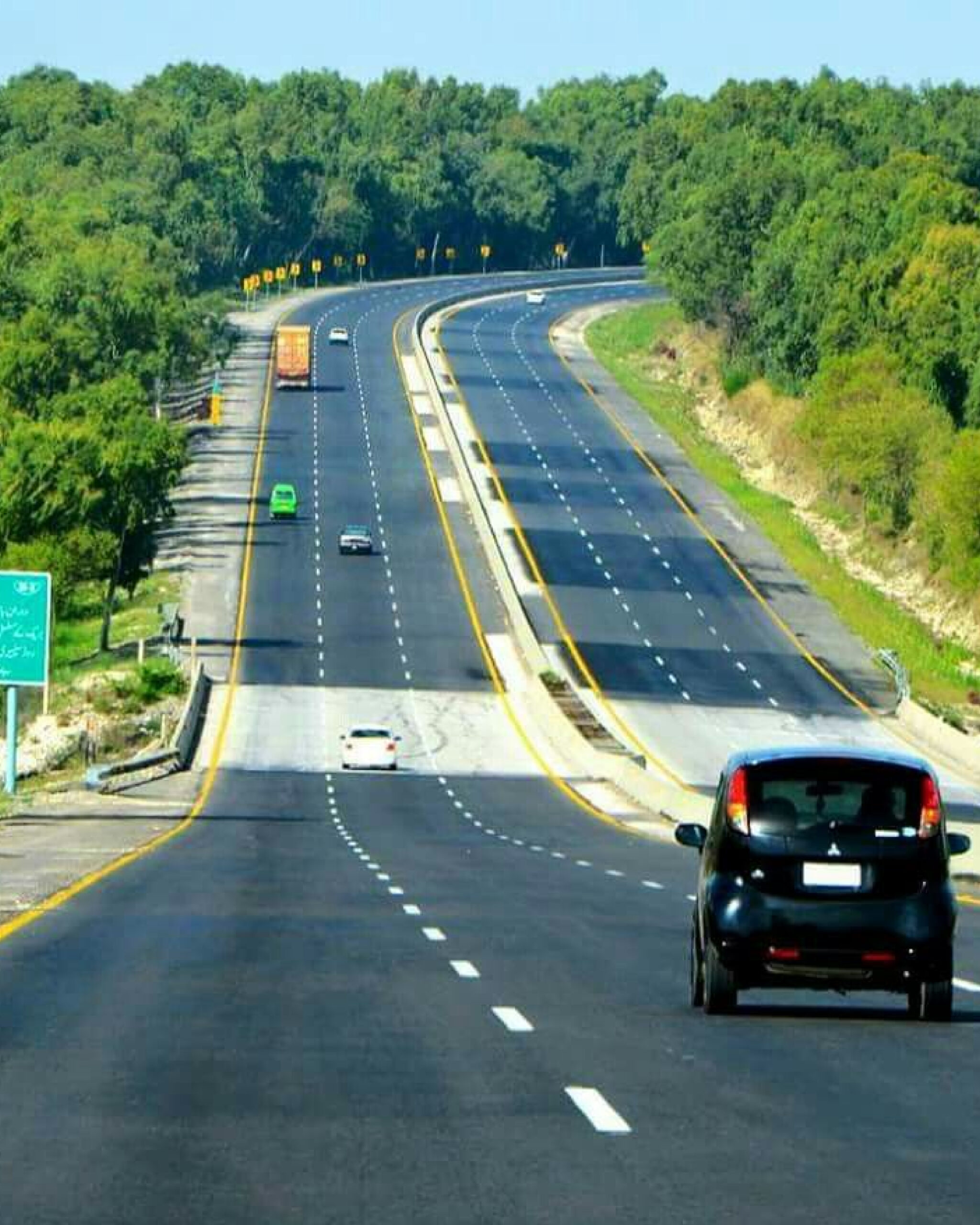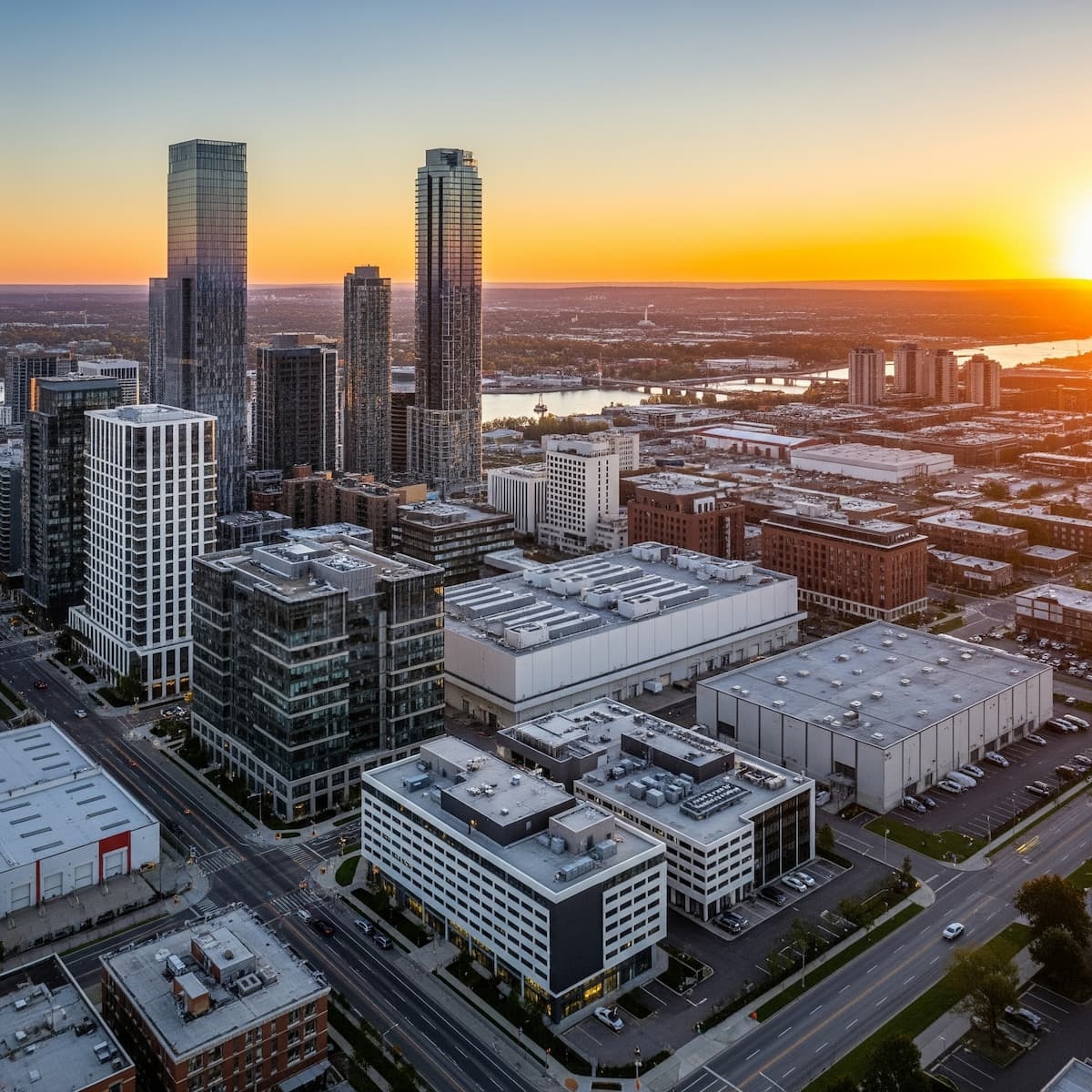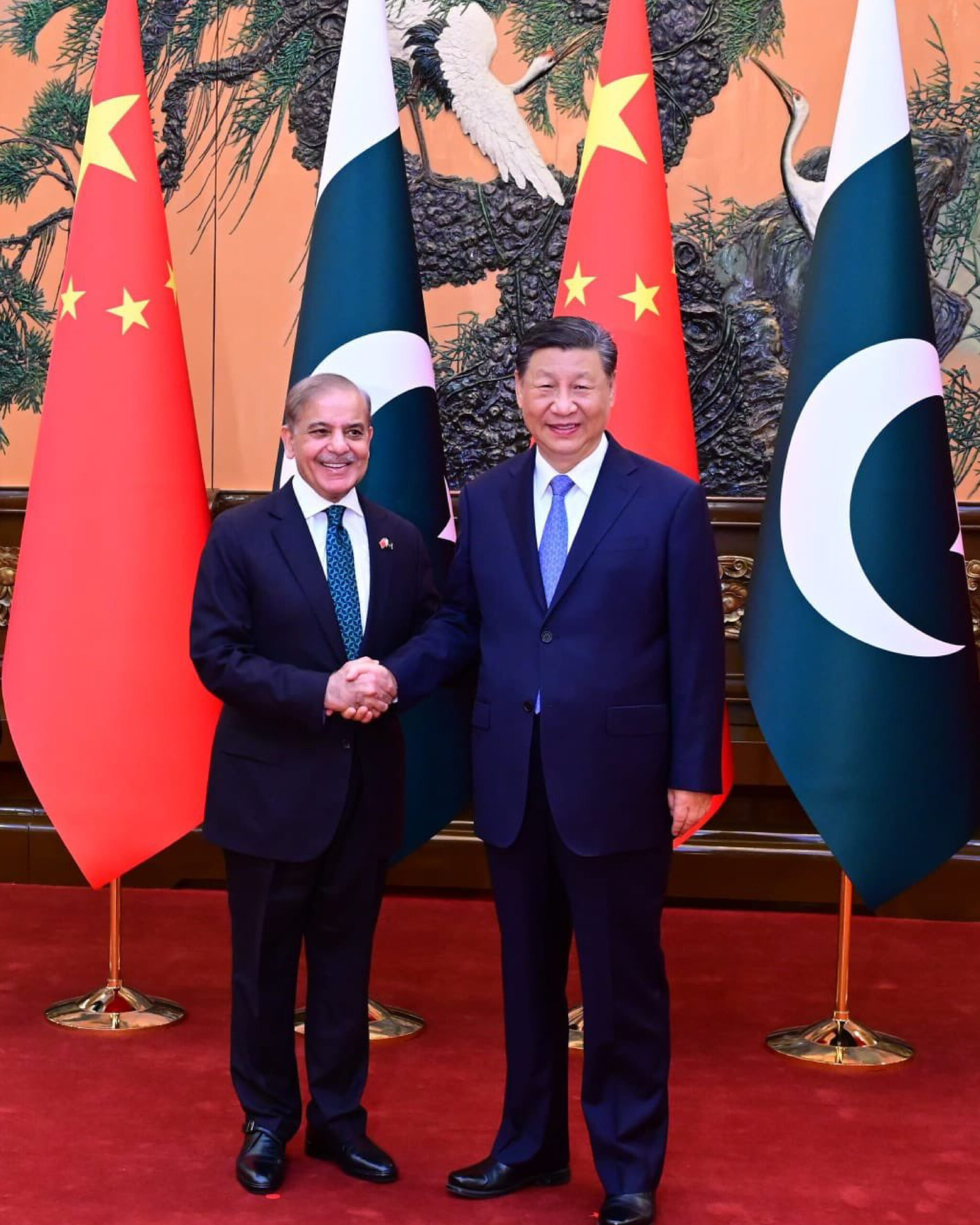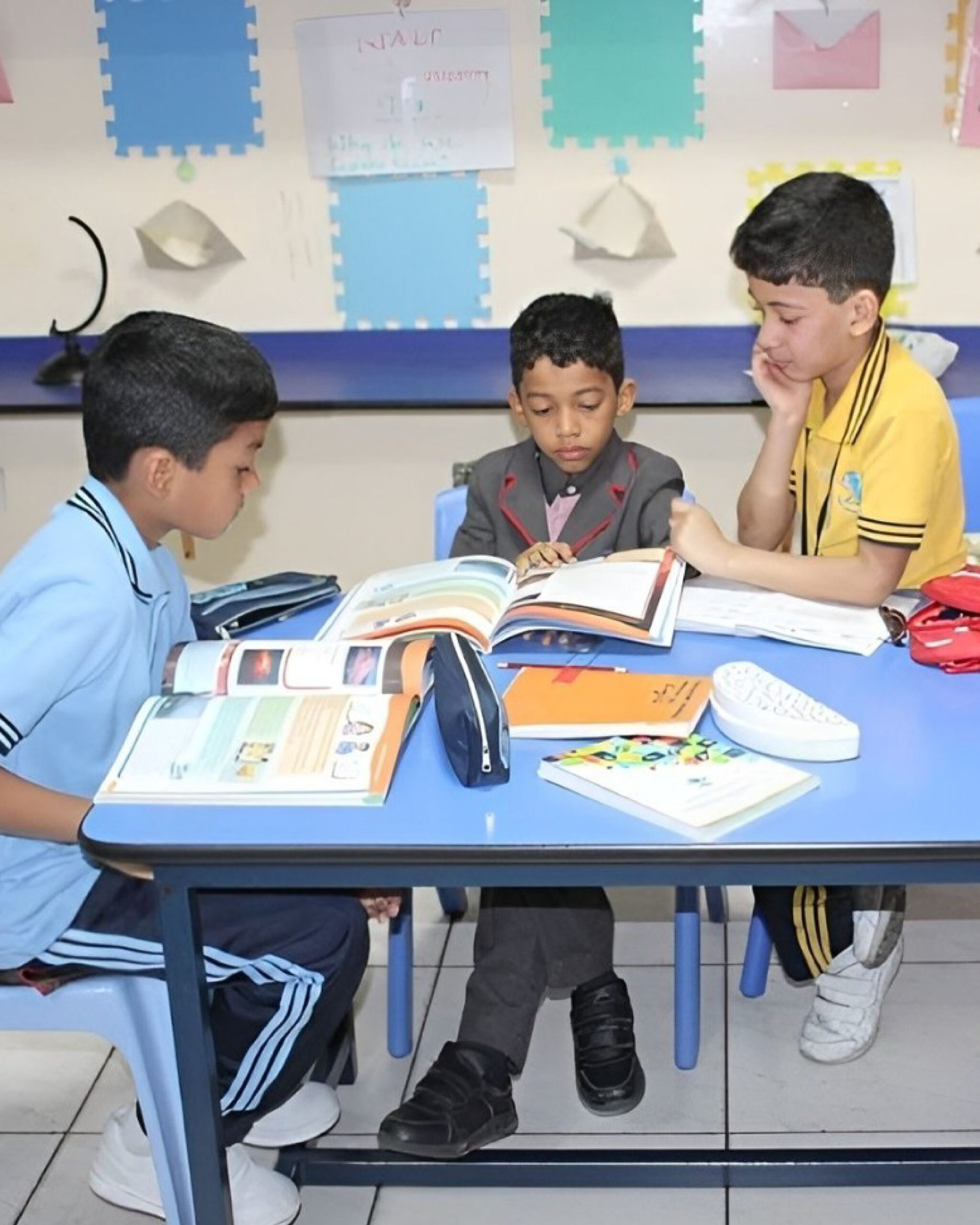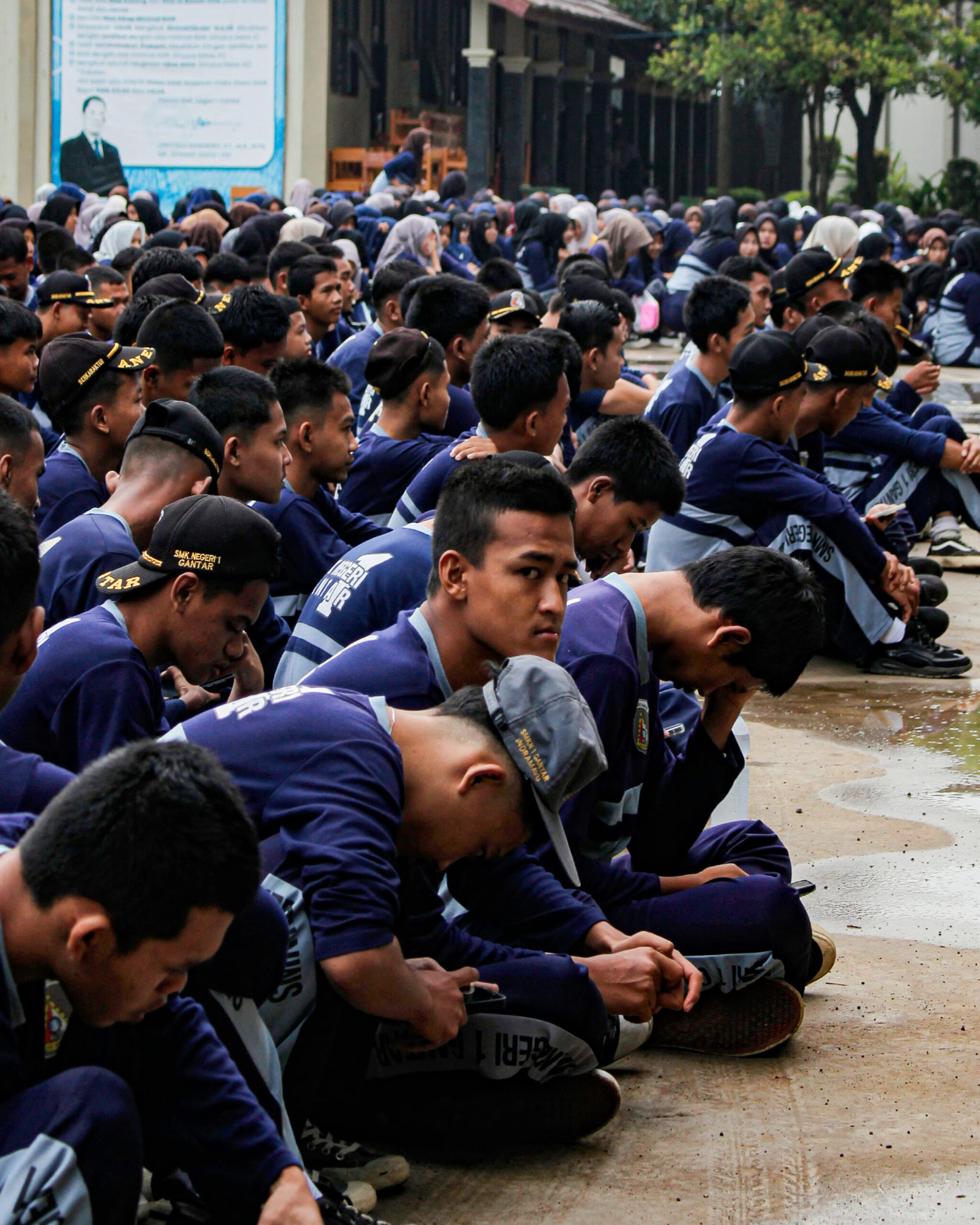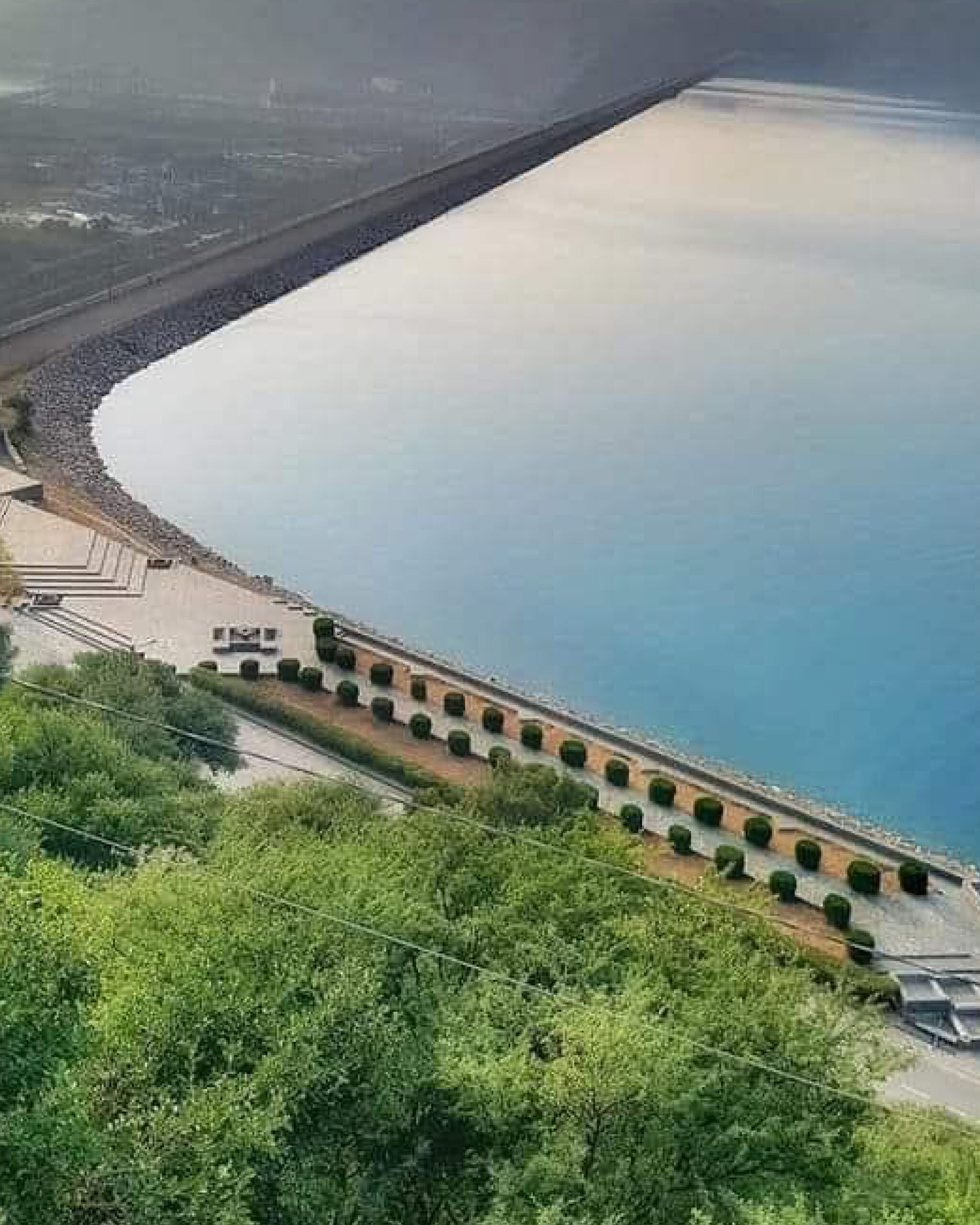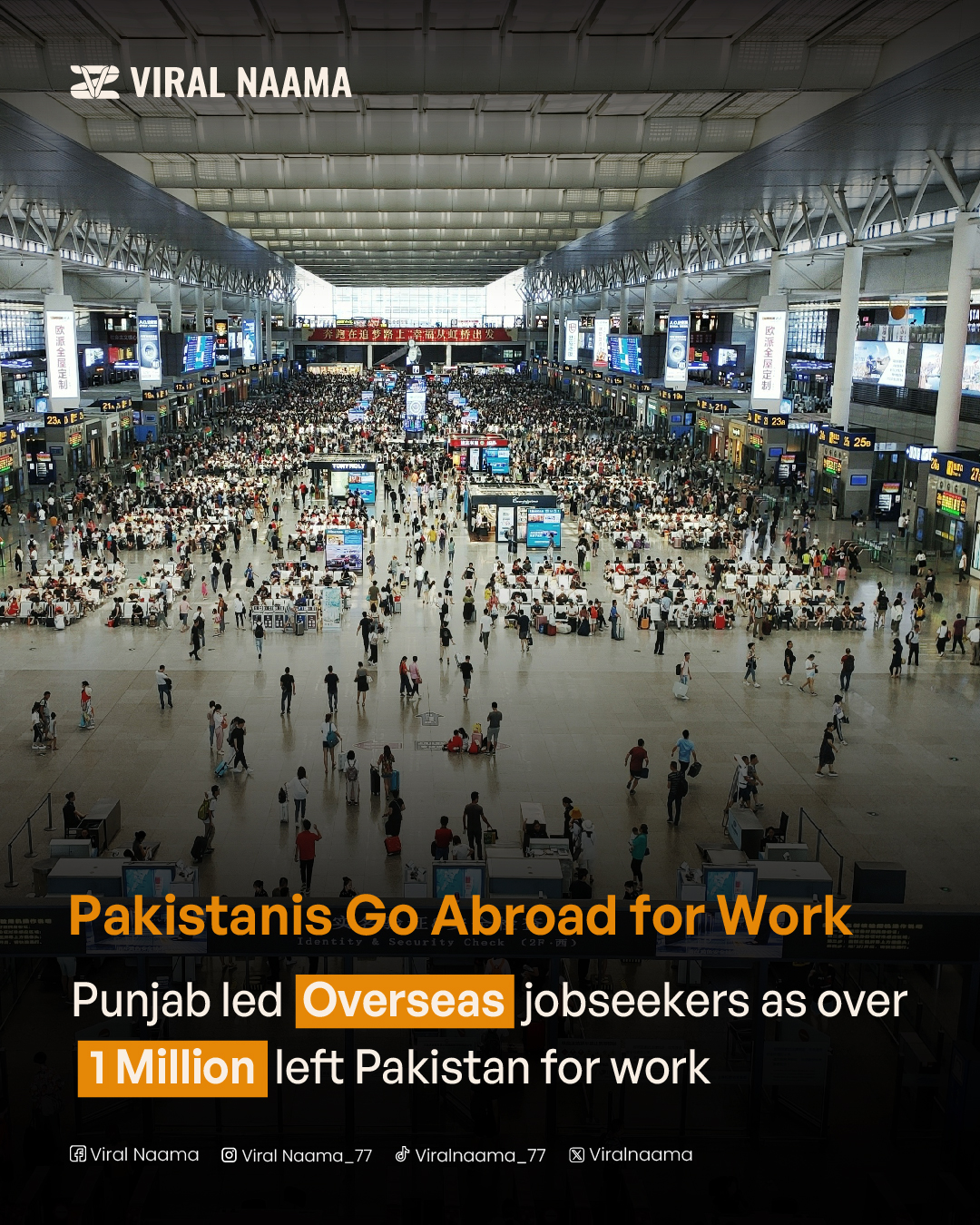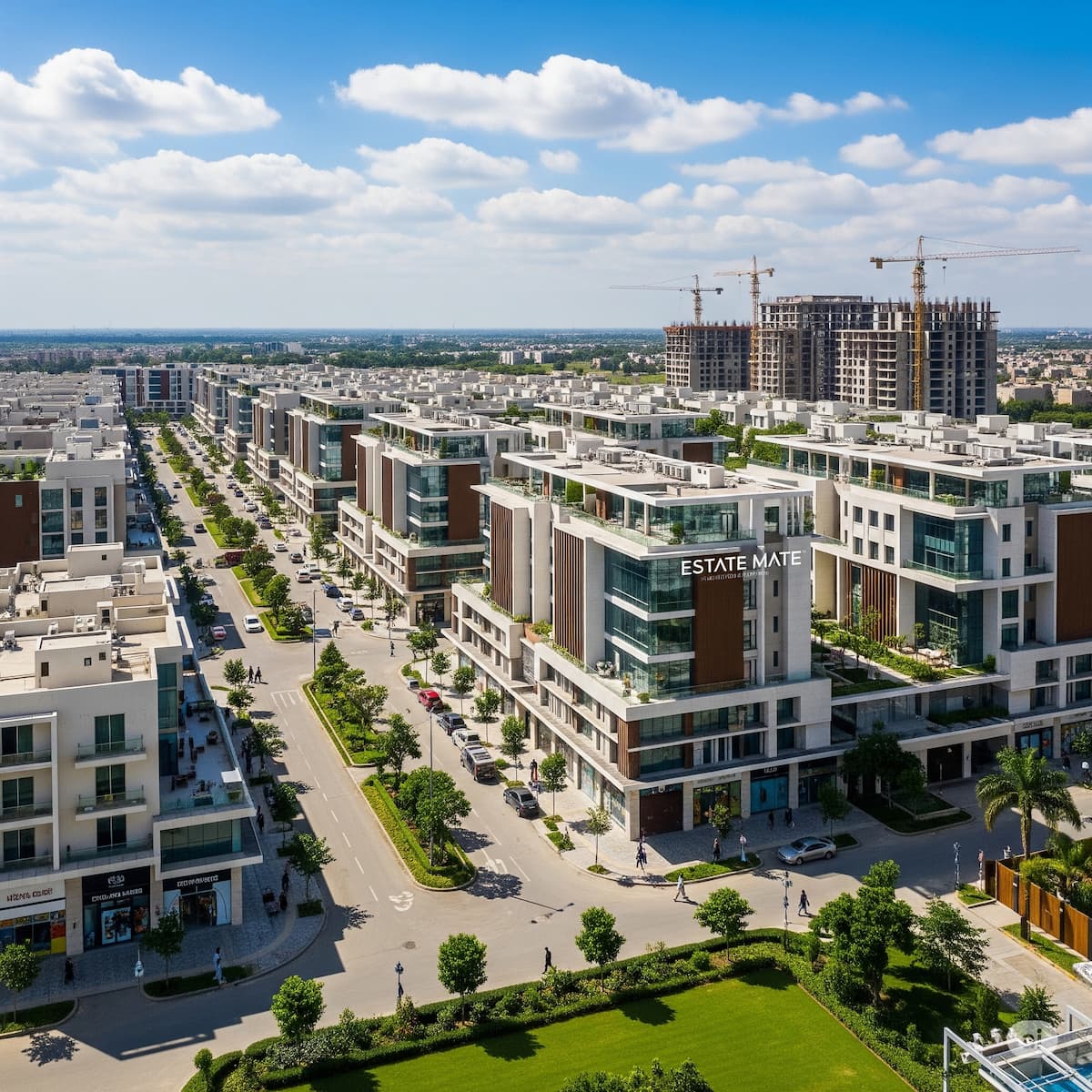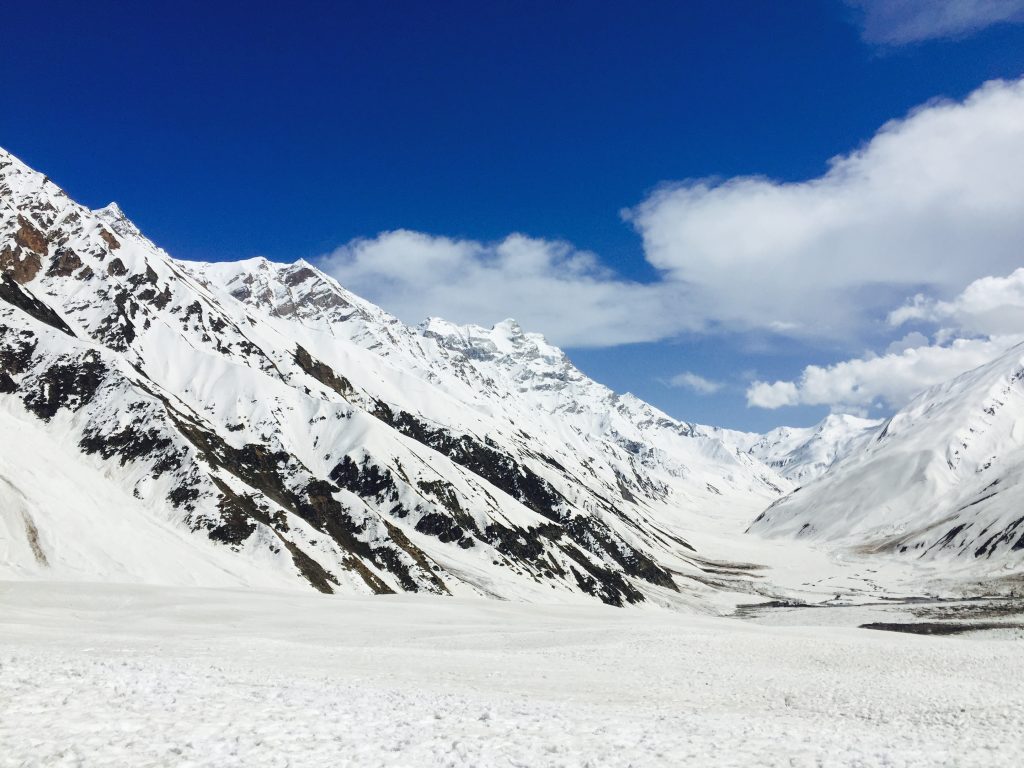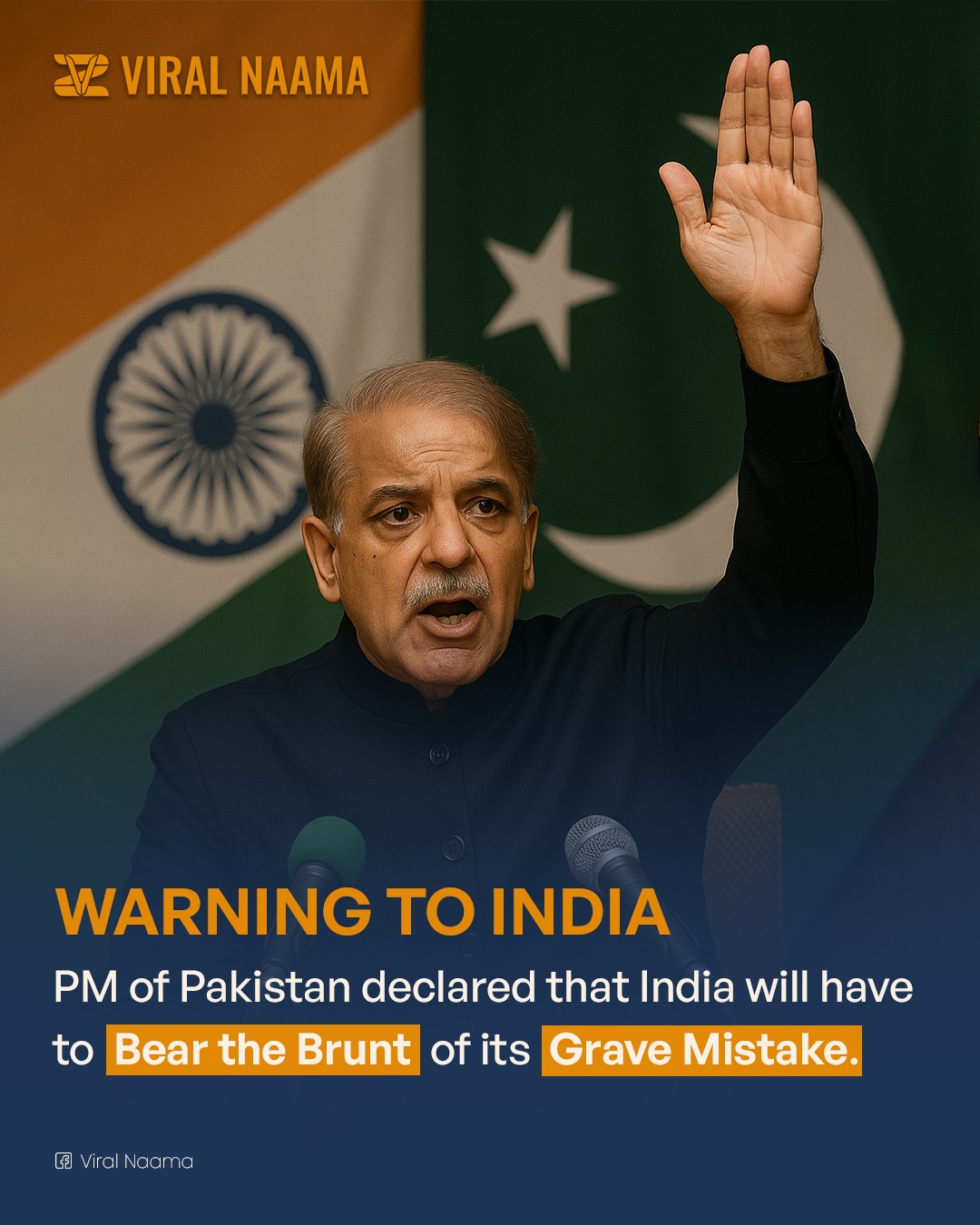
In a dramatic escalation of tensions between South Asia’s nuclear-armed neighbors, Pakistan’s Prime Minister Shehbaz Sharif delivered a stern warning to India following what he described as a “grave mistake” by the Indian military. Addressing the nation, PM Shehbaz declared that India would have to “bear the brunt” of its actions, vowing that the consequences would be severe and unforgettable245.
The Incident: What Happened?
On the night of May 7, 2025, India reportedly launched a series of air strikes targeting sites inside Pakistan. According to Indian officials, these strikes were aimed at what they called “terrorist infrastructure” in retaliation for a deadly attack in Indian-administered Kashmir on April 22, which left at least 26 people dead6. Pakistan, however, strongly denied that any militant camps were hit, insisting that the strikes targeted civilian areas in Punjab province and Pakistan-administered Kashmir6.
The Pakistani government reported that at least 31 civilians were killed and 46 injured in the attacks, including women and children. PM Shehbaz, visibly moved, mentioned attending the funeral of a seven-year-old victim, underscoring the human cost of the escalation456.
Pakistan’s Retaliation and Military Response
In the immediate aftermath, Pakistan’s armed forces launched a swift and forceful response. The Prime Minister highlighted that the Pakistan Air Force shot down five Indian combat jets, turning them into “ash and rubble”-a move he described as echoing the legendary feats of Squadron Leader M.M. Alam245. According to PM Shehbaz, this decisive retaliation brought the enemy “to its knees” within hours, demonstrating Pakistan’s military readiness and resolve245.
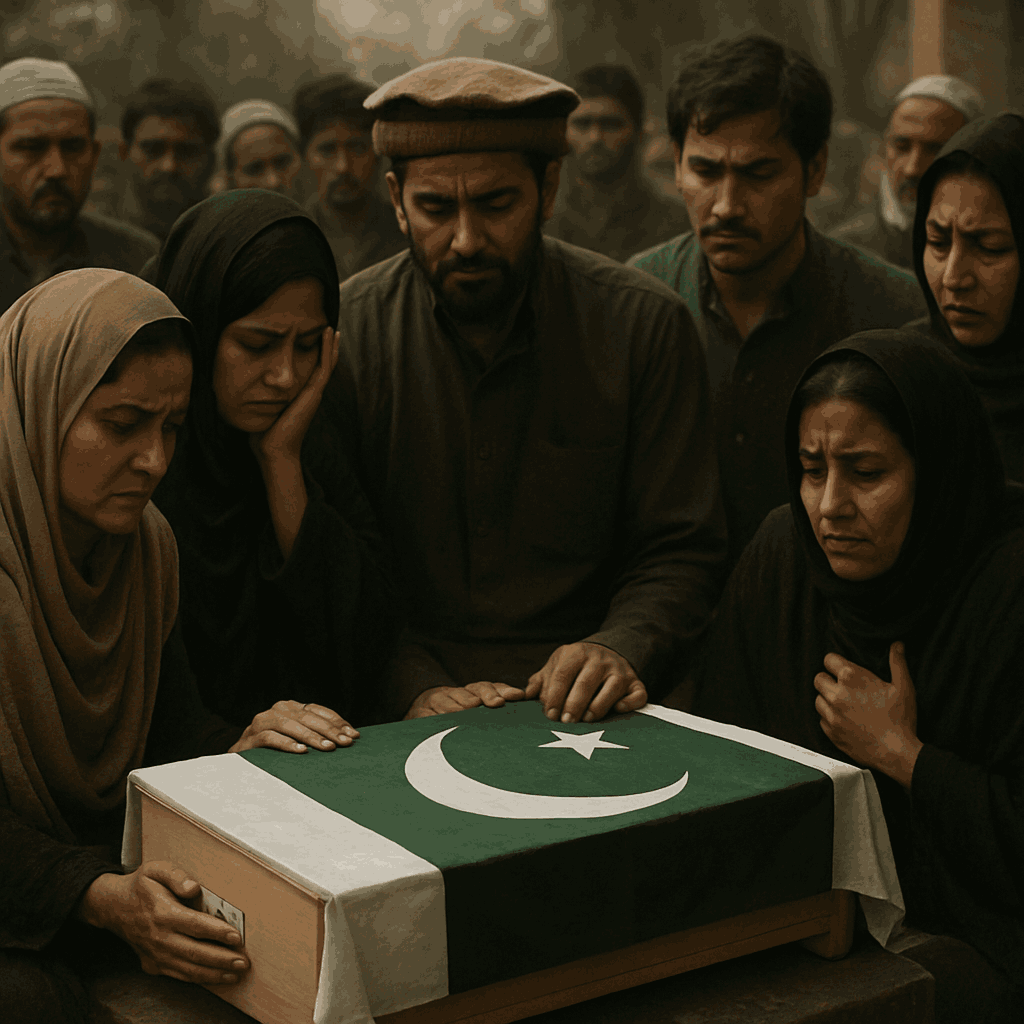
National Unity and Resolve
PM Shehbaz Sharif’s address emphasized the unity and courage of the Pakistani people. He called on all political leaders to join together in defense of the nation, stating, “We are a nation of the brave, ready to defend our homeland till the last drop of blood”245. He condemned India’s actions as cowardly, particularly the targeting of civilians, and assured the public that Pakistan’s response would be unwavering.
The Prime Minister’s rhetoric was aimed not only at India but also at rallying domestic support. He assured the nation that the armed forces, backed by the entire population, would stand firm against any aggression, and that Pakistan’s dignity and sovereignty would be protected at all costs245.
Regional and International Reactions
The escalation has drawn concern from the international community. Several countries, including the UK, have called for restraint and urged both sides to avoid further violence6. Former U.S. President Donald Trump offered to mediate, expressing hope that India and Pakistan could resolve their differences peacefully6.
Despite these appeals, the situation remains volatile, with both countries trading accusations and threats. The conflict once again highlights the fragility of peace in the region, particularly over the disputed territory of Kashmir, which has been the flashpoint for previous wars between the two nations6.
Looking Ahead: The Stakes of Escalation
As both sides dig in, the risk of further escalation is real. PM Shehbaz Sharif’s warning was clear: any future act of aggression by India would be met with an even harsher response, one that “will never be forgotten”4. The episode serves as a stark reminder of the dangers posed by unresolved disputes and the urgent need for diplomatic engagement to prevent further tragedy.



